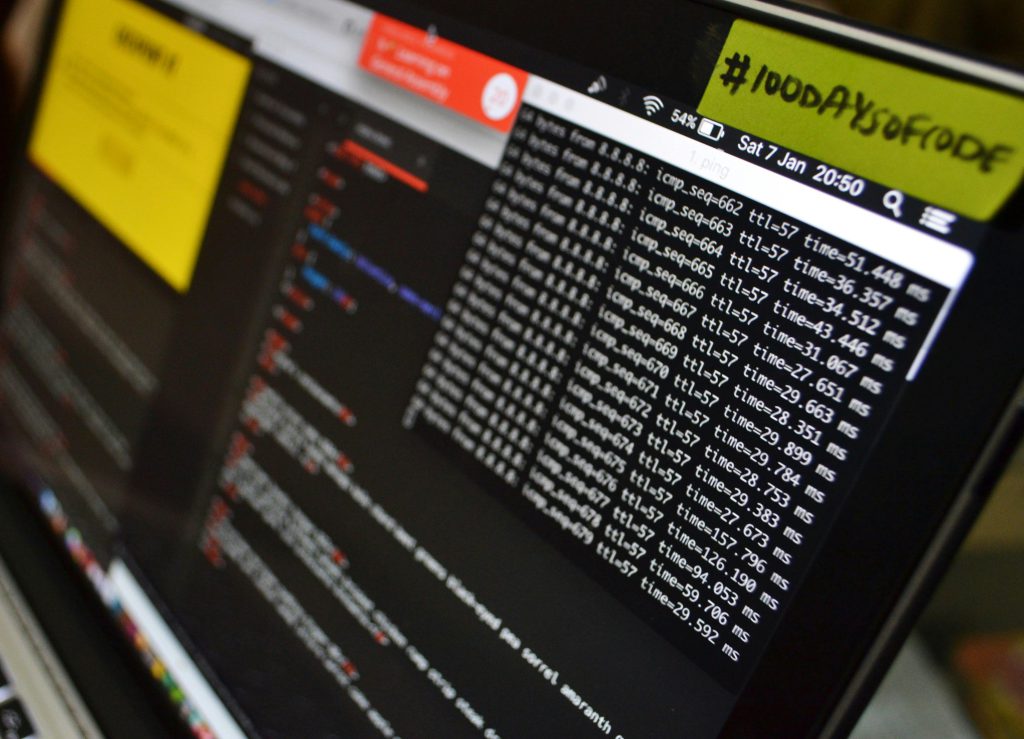Phishing attacks remain one of the most prevalent cybersecurity threats, with hackers using sophisticated techniques to deceive victims. In 2025, phishing schemes are expected to become even more advanced, making it crucial for individuals and businesses to stay vigilant.
One of the most common types of phishing attacks is email phishing. Cybercriminals send fraudulent emails that appear to be from trusted sources, tricking recipients into clicking malicious links or revealing sensitive information. These attacks can lead to identity theft, financial losses, and data breaches.
Spear phishing is a more targeted approach where attackers gather information about specific individuals or organizations. By personalizing their messages, hackers increase the likelihood of success. Businesses must educate employees on recognizing such threats to prevent security breaches.

Multi-factor authentication (MFA) and email security protocols are effective measures against phishing attacks. Companies should also implement AI-powered threat detection tools to identify suspicious emails and block potential phishing attempts before they reach users.
Staying updated on the latest phishing trends and security practices is essential. By fostering a culture of cybersecurity awareness, individuals and organizations can significantly reduce the risk of falling victim to phishing scams in 2025 and beyond.





